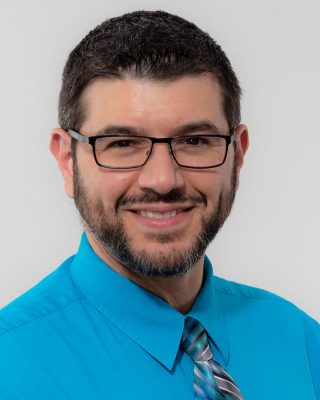
Is there any way to recap these past two years? It’s hard to say. Yet, moments like this are necessary because acknowledging this benchmark is important.
Remember when we were just supposed to wait two weeks and everything would be alright? But then two years passed. Many got sick. Some recovered. Some died. Our patient care routines changed. Our lives changed.
COVID has impacted my entire life — all of it — mind, body, and spirit. COVID brought loss. My reaction to the losses from COVID brought grief. So it makes sense that I’m still grieving. I talk about grief a lot because it is all around us. How about you? As we emerge from pandemic life, could I encourage you to spend some time considering how COVID has affected you — mentally, emotionally, socially, physically, spiritually.
Your grief is necessary. However, if I’m honest with myself, tackling grief is often the last thing I want to be doing. It’s hard to make space to really sit with a loss. But even when it doesn’t feel productive and I’d rather not deal with it, going through the grief process is an absolutely necessary experience. Why? Because the reality is that you lost something and it hurts badly, and like any other injury, it needs to be addressed and tended to. If a cut gets infected when left untreated, how much more will our grieving, injured hearts cause us trouble if we don’t take intentional steps to heal after a season of loss?
 Do you know what happens to grief if you do your best to ignore or hide your pain? It listens to you and goes somewhere into the depths of your heart, where it transforms. It doesn’t go away, but rather gets balled up and tends to “leak” out in the form of anger, depression, or unhealthy habits. This is worse than the grief itself.
Do you know what happens to grief if you do your best to ignore or hide your pain? It listens to you and goes somewhere into the depths of your heart, where it transforms. It doesn’t go away, but rather gets balled up and tends to “leak” out in the form of anger, depression, or unhealthy habits. This is worse than the grief itself.
So, how do we care for our grieving hearts? Just like any other traumatic injury, we have to acknowledge it, find ways to rest, and patiently work through the steps of healing. Depending on the moment and the stage of grief, this might look like a conversation with a friend, prayer, taking a long run, reading a good book, going on a day trip, or talking with a counselor. These are small steps on the road of healing. They don’t take away what happened but they can help to move us forward in our journey.
Grief and loss have the power to define us, but they also have the power to spark growth in us. What may start off like a small seed in you can blossom, causing you to grow in ways you hadn’t imagined before. My hope is that we can navigate this path of grief with empathy, kindness, patience, and love — both for ourselves and for one another.
—Rev. Daniel D. Warriner, UConn Health Chaplain